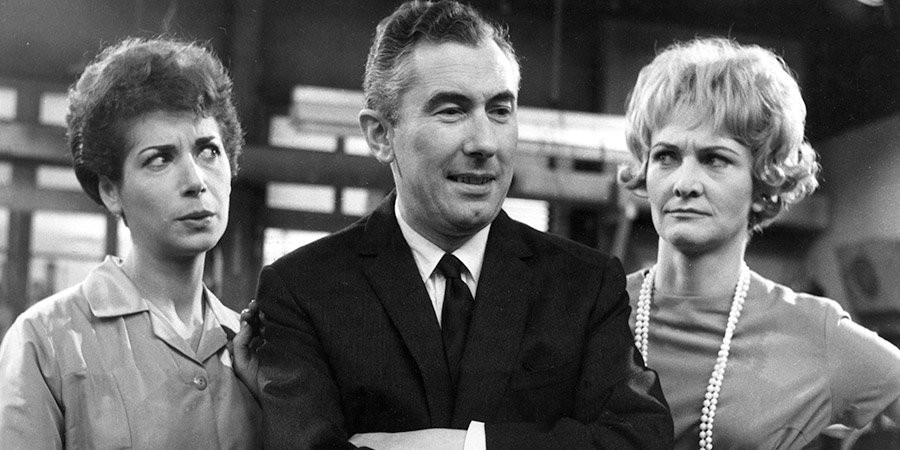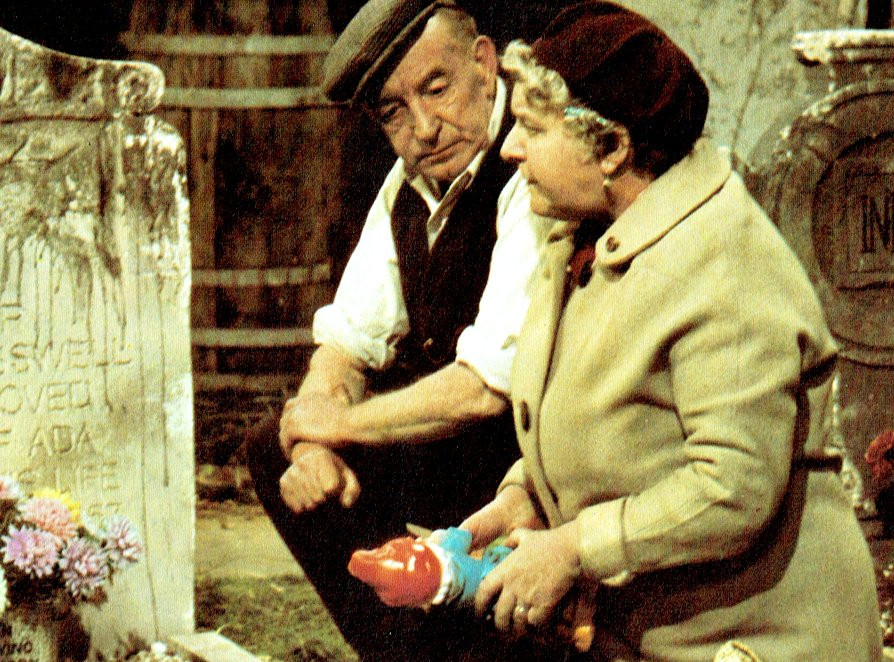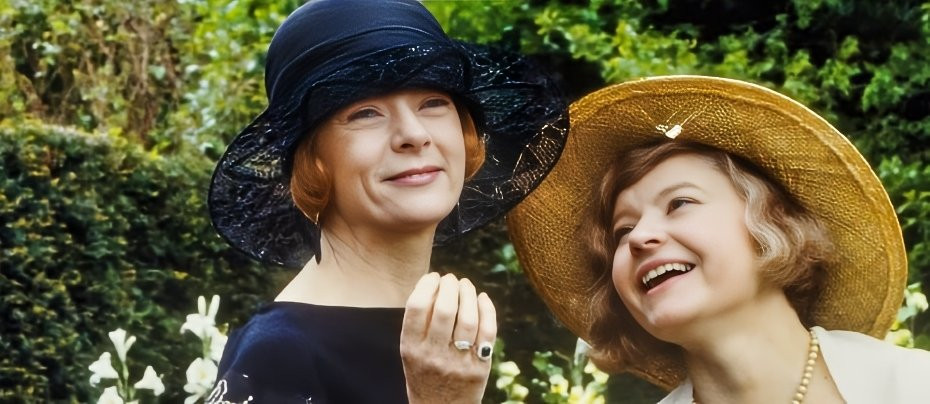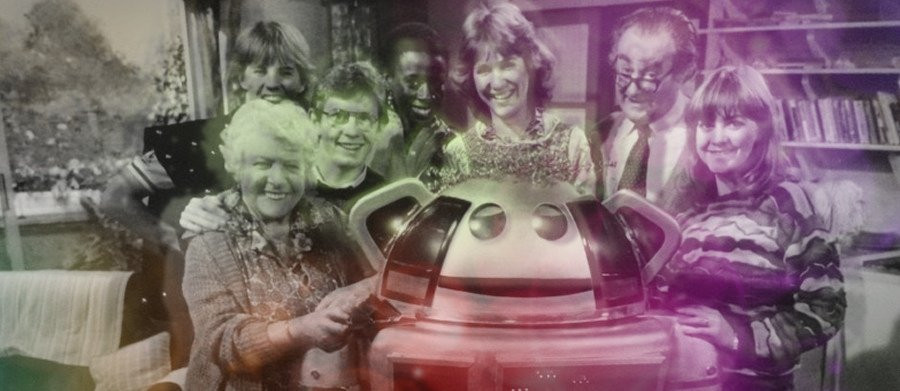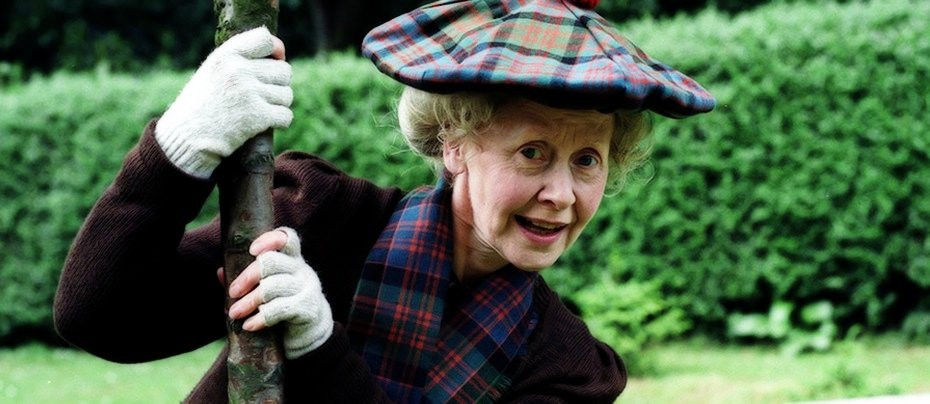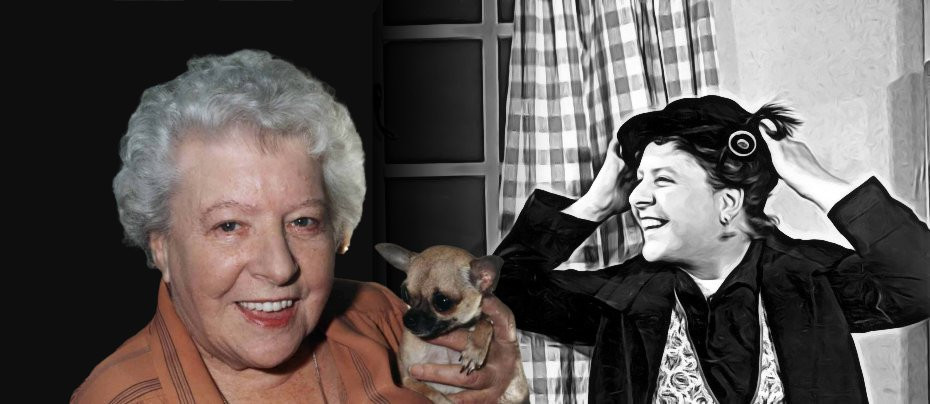
Irene Handl
Certain actors and actresses have left an indelible mark on the entertainment industry, carving their names into the hearts of the public for generations to come. Irene Handl, born on 27 December 1901, in Maida Vale, London, was one such performer. Perfecting the role of a slightly eccentric cockney old lady, with her unique blend of wit, charm, and an unmistakable stage presence, Handl became a beloved figure and an icon of British film and television.
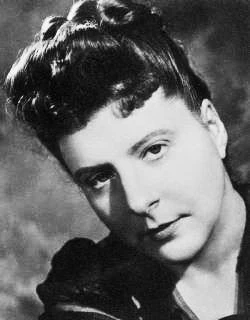
The younger of two daughters of a Viennese father -who had worked his way up from bank clerk to stockbroker before becoming a private banker- and a German mother, both of whom became naturalised British subjects, Irene grew up in a relatively comfortable middle-class family who enjoyed the luxury of employing a live-in German cook and housekeeper. From 1907 to 1915, she attended the Paddington and Maida Vale High School, and in the 1920s, she travelled several times to New York with her father, before she began to study at an acting school run by a sister of Dame Sybil Thorndike. She made her stage debut in London in February 1937, at the relatively advanced age of 36.
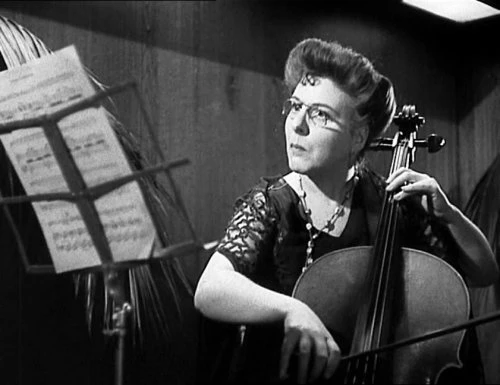
That same year, Irene appeared in a one-hour quota quickie titled Missing, Believed Married, made by the British & Dominions Film Corporation, a short-lived British film production company located at Elstree Way, Borehamwood. This nondescript low-budget film is only notable for Irene’s screen debut and an early role for Margaret Rutherford. Despite her undeniable talent, Irene’s early film career was met with limited success, with minor roles that failed to showcase her abilities. By 1945 she had appeared in over 30 films but many of those parts, such as her appearance in the classic British romantic drama Brief Encounter, were uncredited.
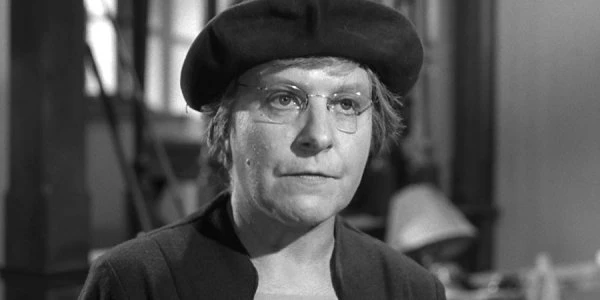
In 1951 she made her television debut in the third programme of a BBC series titled The Lighter Side - billed in the Radio Times as 'A humorous slant on current affairs' with Eleanor Summerfield, Irene Handl, Humphrey Lestocq, Gus McNaughton, Molly Weir, Noble and King, Ernest Maxin and Ray Johnson. It was in the 1950s that her fortunes began to change. During this decade Irene found her niche in comedy, effortlessly capturing the hearts of audiences with her unique ability to portray those quintessential British eccentric characters that became her trademark.
Appearances on Hancock’s Half Hour and Educating Archie helped cement her reputation, and in 1959 she appeared in the classic British comedy I’m Alright Jack as the wife of Peter Sellers’ union shop steward Fred Kite. In 1963 she appeared in 6 episodes of The Rag Trade, playing Reg Varney’s mother. The following year she appeared with an all-star cast in a television adaptation of Oscar Wilde’s play The Importance of Being Earnest.
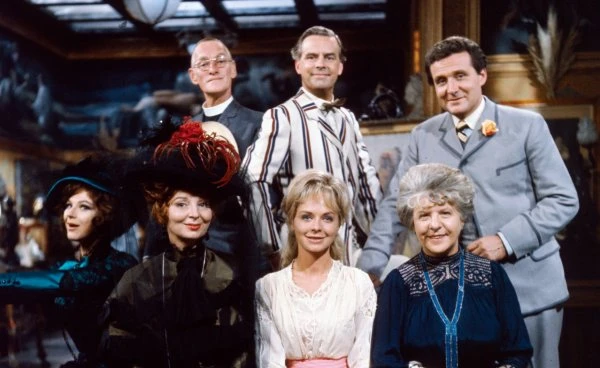
In addition to acting, she wrote two novels: The Sioux, described by Noel Coward as 'extraordinarily original' with an 'authentic touch of genius'; and its sequel, The Gold Tip Pfitzer. She had originally begun writing what became The Sioux when she was living in Paris at the age of 19, put it aside, and did not start to write again until 1961 when she was taken ill during the long-running West End play Good Night Mrs. Puffin. Recuperating at her home in Kensington, she returned to the brief notes she had made many years ago and resumed writing. The Sioux made its way into the Best Seller list by Christmas 1965.
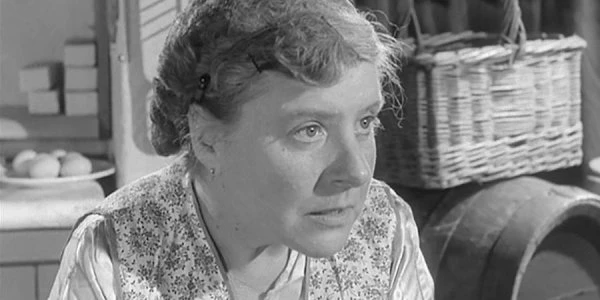
Back on the screen, Irene had become a sought-after talent, appearing in numerous comedy classics such as School for Scoundrels and Two Way Stretch in which she was reunited with Peter Sellers. She appeared as Miss Peach in the 1969 British comedy caper film The Italian Job. She has a one-scene cameo. In the scene, Camp Freddy has one of Miss Peach’s cats on his lap and she says "I shouldn’t let her do that, dear. Gives them ideas." Her performances were marked by her impeccable comedic timing and ability to bring a sense of eccentricity whilst retaining genuine warmth and relatability to her characters.
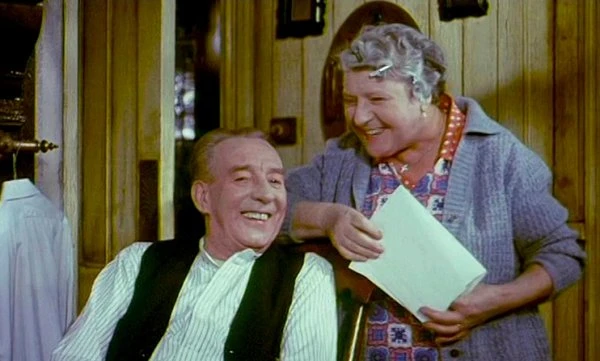
Irene’s leading television roles came in Maggie and Her and Never Say Die. But it was as Ada Cresswell, the widowed septuagenarian in For the Love of Ada that she enjoyed her biggest TV success. The premise for 'Ada' was that one day, whilst visiting the grave of her late husband, Ada meets Walter Bingley (Wilfred Pickles), the gravedigger who had laid her husband to rest some years before. The two begin a gentle companionship, but over a period of time love blossoms. The series was later made into a film. In the 1980s, Irene found a new, younger audience in the family comedy Metal Mickey.
After her mother had passed, Irene took care of her father and lived with him until 1961. She never married. Despite her talent and undeniable popularity, she remained humble and down-to-earth throughout her life. She was known for her kindness, generosity, and unwavering professionalism. Indeed, it was her genuine nature and relatable characters that endeared her to audiences and fellow actors alike.
Irene died in her flat in Kensington, West London, on 29 November 1987, aged 85. She was cremated at Golders Green Crematorium, North London.
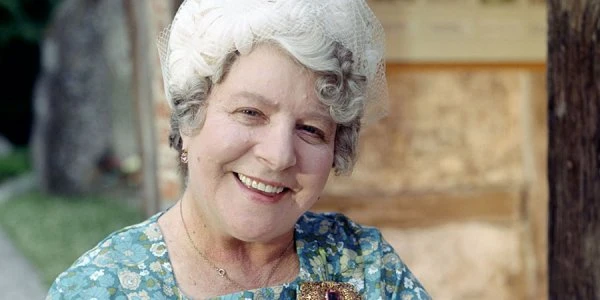
As the curtains closed on Irene's illustrious career, her legacy continued to resonate in the hearts of her fans. Her ability to bring characters to life with her unique blend of charisma and wit, made her an enduring icon of the British acting industry. Irene Handl, an actress who embodied the spirit of British humour and captured the hearts of audiences, will forever be remembered as a true legend of her profession.
Published on October 12th, 2023. Written by Laurence Marcus for Television Heaven.



